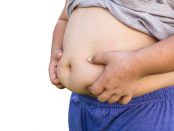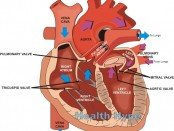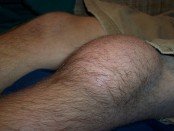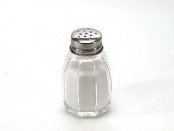Sudden Weight Gain Causes, Diseases and Prevention
It is not uncommon to gain a few pounds after the festive seasons as most people are less active when not working and tend to overindulge in food. However, significant weight gain is not sudden, as in overnight. If or when sudden gain occurs, like within a 24 to 48 hour period, then it could be a sign of various diseases. >> Read More ...






